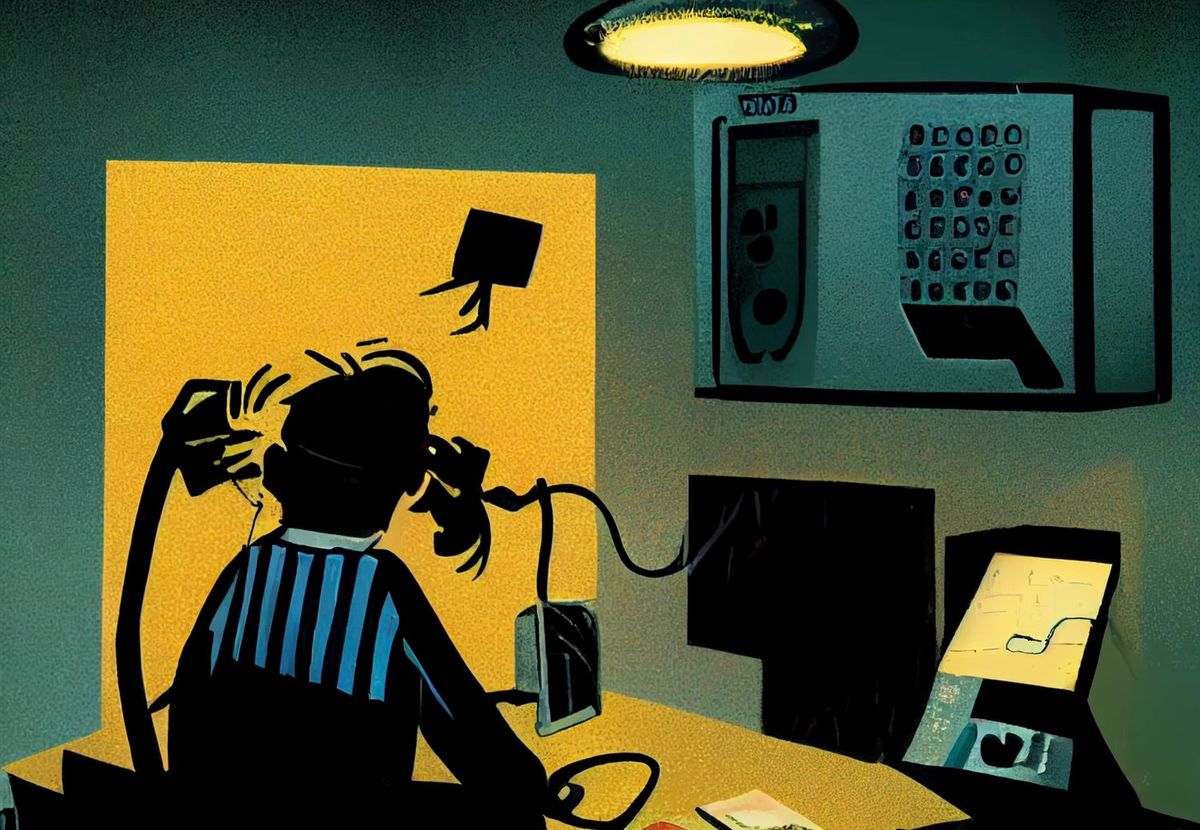Telling is repelling, proving is moving
If I have to tell you something, you unconsciously assume there’s a reason I can’t show you.

What if I told you I was the best marketing strategist in the world?
Would you believe me?
Would me saying that make you more eager to work with me and pay for my services?
I suspect that no, no it would not.
But why? Wouldn’t it be good to work with the best marketer? Isn’t that exactly what you want?
Well, sure. And yet me saying that doesn’t make you want to work with me at all. Why is that?
It’s because saying it isn’t just unconvincing, it’s worse than that. Simply telling you something I want you to believe actually makes you less likely to believe it!
In fact, the arrogance of the claim makes me seem both less qualified and less trustworthy, doesn’t it?
And it’s for this very simple reason: If I have to tell you something, you unconsciously assume there’s a reason I can’t show you.
You know this, because you long ago figured out what the least credible and least trustworthy phrase in the English language is, didn’t you?
It’s “trust me.”
Deep, deep down you know that if someone has to tell you to trust them, it’s because you’ve already amassed a fair few reasons why you really, really shouldn’t. Throughout your life, your brain has kept track, and most times someone says, “trust me,” skepticism is proved wise.
And, in marketing, the least credible word is “best.”
It’s a fallback word for those who have nothing to show, nothing to stand for. “Why work with me? Because I’m the best.” It’s easy to say, and easy to ignore.
Just like with “trust me,” the problem isn’t with wanting to be trusted, or wanting to be the best. We all do!
The problem is that saying it makes it untrue in the eyes of your customer.
A business’s value is not up to its owner—it’s entirely in the eye of the beholder, the customer. The customer decides whether you’re the best, just like you get to decide whether someone is trustworthy or not.
Nobody gets to tell you to trust them, and I don’t get to tell you I’m the best.
The only way to build trust with someone over time is to make promises and keep them. No amount of telling, begging, or berating will create trust where it hasn’t been earned—where trustworthiness hasn’t been shown.
If I actually want you to believe that I’m the best option for you, I’ve got to show you why, in ways that you’ll understand, appreciate, and truly value.
At the end of the day, every entrepreneur thinks they’re doing something better than others. Everyone thinks they’re the best at something—why else would we be doing this in the first place?
But nobody cares or believes any of us until we can prove it to them.
My readers do not care how good I think I am.
And your prospects do not care how good you think you are.
They’ve got to see it for themselves—you’ve got to show it.
So don’t waste your breath or your time telling people you’re the best.
Or that you’re the highest quality.
Or that you’re the fastest or the friendliest.
Show them what you’re doing to make that true for them.
Show them how you run your business to make that possible, and the real, specific things you do that others don’t—or don’t that others do—based on your values, experience, preferences, and expertise.
When you show people what you do, they make a lot of positive assumptions about who you are and how you can help them.
But when you only tell them, they make a lot of negative assumptions about what you do, and why you can’t show them.
Because, it turns out, simply telling is repelling.
But proving?
That’s moving.
